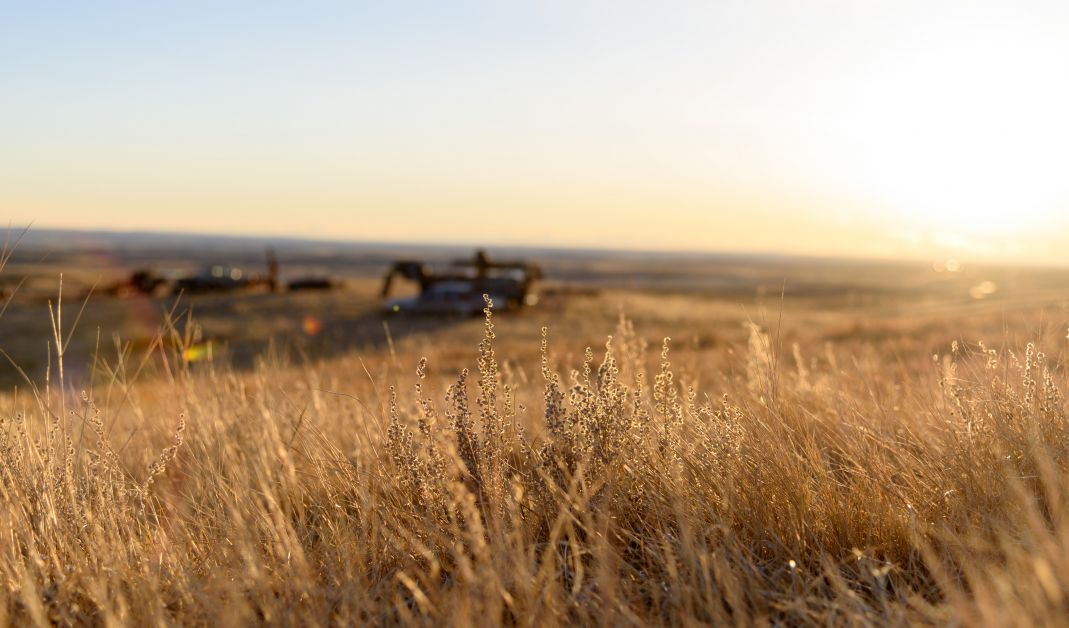
Following a cautious approach to Step 2 of Alberta’s Path Forward on Monday, March 1, Minister of Health Tyler Shandro announced the province will fully complete Step 2 effective immediately.
The announcement was made on Monday, March 8 and will ease restrictions on wedding ceremonies and funeral services, retail services, banquet and community halls and conference centres, and youth sports and recreation.
“We continue striking a safe balance between easing restrictions and preventing cases from rapidly rising once again,” said Minister Shandro during the press conference.
Up to 10 people will be permitted to attend wedding ceremonies, and up to a maximum of 20 people for funeral services; receptions for both are still prohibited.
Retail stores will also be allowed to increase maximum customer capacity from 15 per cent to 25 per cent occupancy, not including staff.
Banquet and community halls, conference centres, and hotels will also be permitted to reopen, though trade shows are still not permitted.
Further decisions on moving into Step 3 will be made, at the earliest, on Monday, March 22 and will depend upon current hospitalizations and new daily cases.
The Town of Drumheller has seen a significant spike in cases over the last week; the majority of which were reported at the Drumheller Institution, which has been under a declared outbreak since December 21, 2020.
As the institution is located within the municipal boundaries of Drumheller, the number of cases among inmates are included in local case numbers. However, due to an update on the provincial COVID website, there is currently a discrepancy.
There were a total of nine active cases and 211 recovered cases within Drumheller on Wednesday, March 3-this included eight active and 64 recovered cases at the Drumheller Institution.
“Since March 8, members of the Canadian Red Cross have been at Drumheller Institution to assist,” a spokesperson for CSC told the Mail. They went on to say, “As of March 8, there were 65 inmate positive cases and 15 positive staff cases at the Drumheller Institution. Contact tracing is underway to determine how COVID is being transmitted. Additional mass testing is underway for staff and offenders at Drumheller Institution.”
Greentree Elementary School is currently on alert status with a single case. Morrin School, which re-opened on Monday, February 1 following an outbreak which prompted a temporary closure, is also on alert with two cases.
As of Monday, March 8 there are 45 active cases and 211 recovered cases in the Town of Drumheller, according to the provincial website. There are also three active cases in both Kneehill County and Wheatland County; for the second week, Starland County has zero reported cases.

















